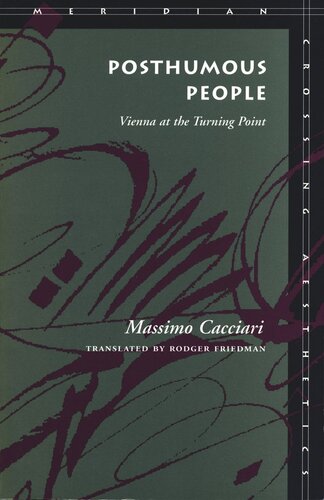

Most ebook files are in PDF format, so you can easily read them using various software such as Foxit Reader or directly on the Google Chrome browser.
Some ebook files are released by publishers in other formats such as .awz, .mobi, .epub, .fb2, etc. You may need to install specific software to read these formats on mobile/PC, such as Calibre.
Please read the tutorial at this link: https://ebookbell.com/faq
We offer FREE conversion to the popular formats you request; however, this may take some time. Therefore, right after payment, please email us, and we will try to provide the service as quickly as possible.
For some exceptional file formats or broken links (if any), please refrain from opening any disputes. Instead, email us first, and we will try to assist within a maximum of 6 hours.
EbookBell Team

4.4
32 reviewsFriedrich Neitzsche imagined himself belonging to a society of visionaries, thinkers, architects, poets, musicians, and artists running ahead of the mainstream. They were condemned to be misunderstood or ignored in the present, but their work would become significant in the future. To them he addressed the aphorism from which Massimo Cacciari’s book takes its name, saying “It is only after death that we will enter our life and come alive, oh, very much alive, we posthumous people!” Cacciari isolates Vienna as the European capitol of posthumous people at a crucial turning point in Western thinking, as the nineteenth century ended. There he finds Ludwig Wittgenstein, together with Peter Altenberg, Robert Walser, Lou Andreas-Salomé, Adolf Loos, Martin Buber, Egon Schiele, Karl Kraus, Gustav Klimt, and many others. Cacciari treats this extraordinarily rich concentration of activity as the hub upon which European culture wheeled into the twentieth century. He reaches directly to the intellectual content in each of the various figures he discusses.